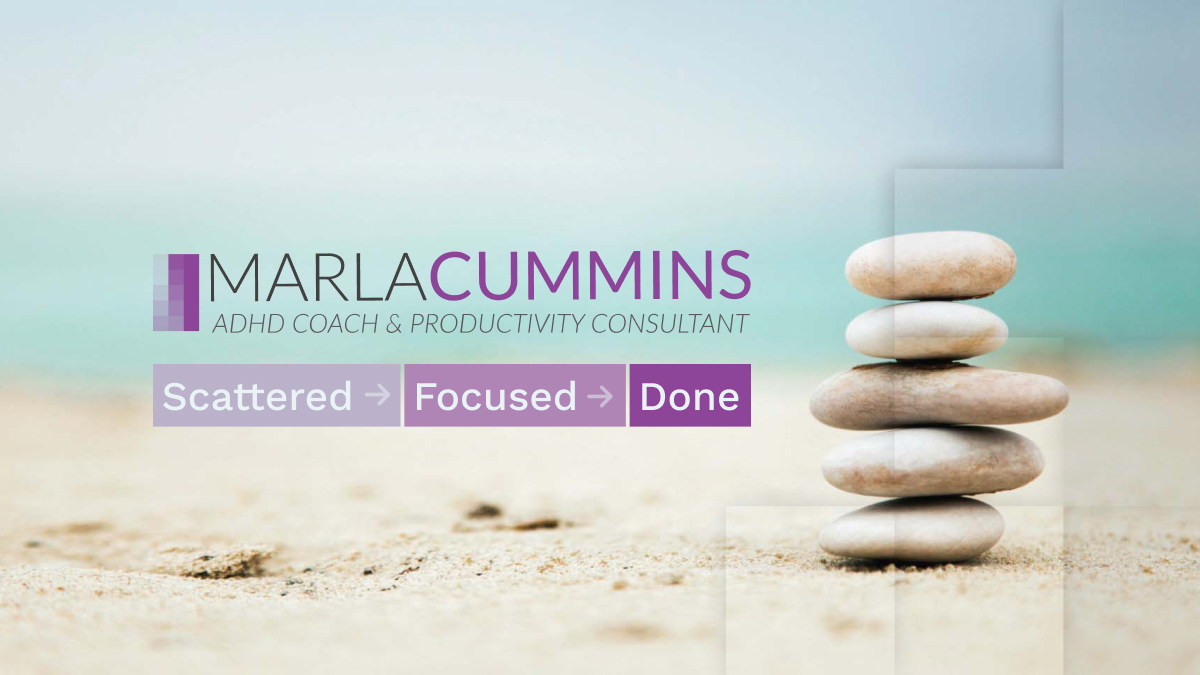ADD – AD/HD: Is The Use Of Electronic Media Stealing Your Time?

One of challenges that many people with AD/HD deal with is spending more time than they would like using electronic media, including television, the internet, video games and, yes, even text messaging. For some, it can even be considered an addiction. When people are addicted, they are not able to limit their use, in spite of the deleterious consequences. In most cases, however, it is possible to employ various strategies to limit use to an acceptable level. What is considered acceptable will vary from person to person, as it is dependent on how each person wants to spend their time. My comments are intended for the latter group of people.
First, while I watch very little TV, I do admit to using my laptop quite a bit, am thrilled when I get to play Wii, and text a few times a day. So, I do not believe that electronics are “evil” and need to be banished from our lives. I do suggest, however, limiting their use when the amount of time spent engaging in these activities takes us away from accomplishing our goals and engaging in activities that are important to us.
In order to create strategies to limit usage, it is important to first look at the possible reasons for this overindulgence. While I will not explain all of the relationships between excessive usage of electronic media and AD/HD that have been posited by the many credible researchers, there are a few connections I come across more often with my clients.
For some, surfing the internet, watching television, playing video games or texting can be a form of escapism. That is, they are avoiding addressing whatever is problematic in their life, which could include their challenging AD/HD symptoms. In these cases, in attempting to avoid their “issues,” they are allowing these issues to run their life. Creating an awareness of what they are avoiding and being proactive in finding positive solutions for these problems is crucial in these instances.
For others, deciding what to do with their unstructured time away from class and/or work becomes overwhelming. As a result of the over abundance of choices and the accompanying challenge of choosing what to do, some will use the default options of using the internet, gaming or watching TV. Creating a list of options, as well as planning for down time can helpful when confronted with this particular problem.
In some instances, those with AD/HD gain satisfaction for their biological need for stimulation from the different forms of electronics. When this is evident, it is important to address this need with healthy choices by instituting a holistic treatment plan, which can include medication, exercise, dietary supplements, sufficient sleep and a good diet. In my opinion, both medication, which is often the cornerstone of a treatment plan for AD/HD, and dietary supplements are optional. Sufficient sleep, exercise and a good diet are critical to managing the need for stimulation and other AD/HD symptoms.
Addressing the reasons for the overuse of electronics by exploring what is gained from those activities must come first. Then strategies, like using timers and TV, video game and computer time management tools to limit usage can be employed.
One step at a time…
